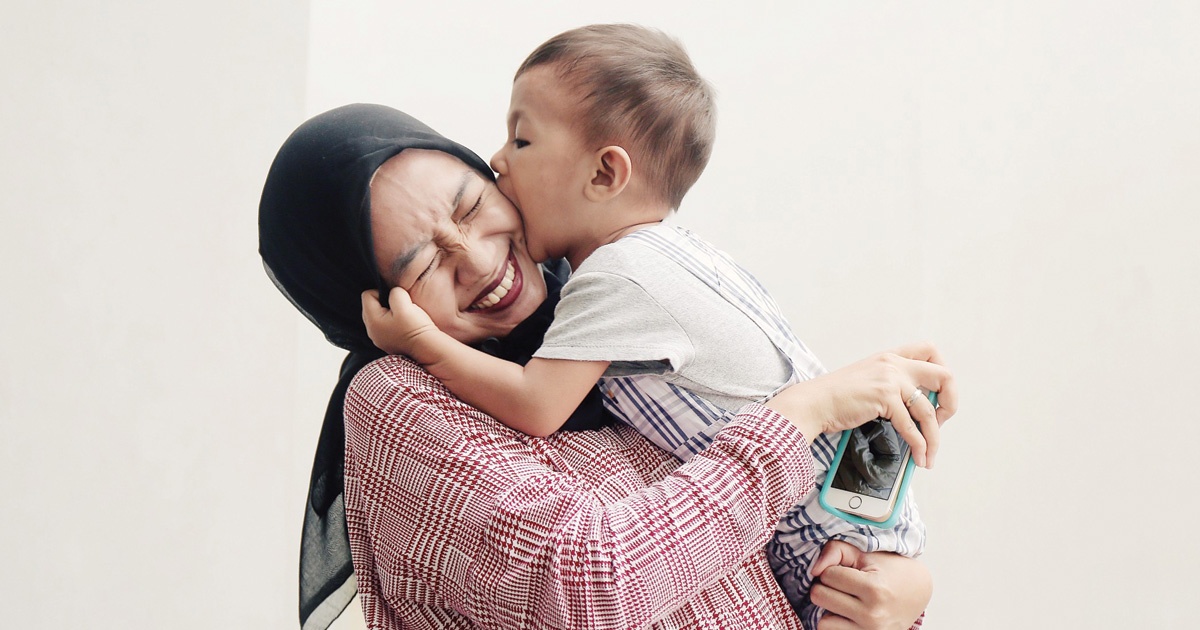A spectrum of disorders is bound to overlap with the symptoms of related conditions. In the case of autism, this is true of several other diagnoses including anxiety, Attention Deficit Hyperactivity Disorder (ADHD) and Obsessive-Compulsive Disorder (OCD). Many people may find the OCD and autism comparison surprising at an initial glance.
If we look a bit deeper, we find that some of autism’s symptoms overlap quite a bit with those of OCD. Some estimates say as much as 17 percent of people with OCD also have autism. There is an even larger population of people with OCD who may have undiagnosed autism. In this post, we’ll discuss autism and OCD’s relationship.
Obsessive-Compulsive Disorder- An Overview
You may be familiar with the autism spectrum and its most common symptoms, while OCD may have some symptoms overlap, the two are distinct and different. In kids and adults, OCD causes unwanted thoughts, feelings, and behaviors that cause intense anxiety. These obsessions lead to compulsions or rituals, which are behaviors meant to reduce the obsessive stress and anxiety.
Like autism, OCD’s symptoms and characteristics may manifest differently in each individual. Some of the common obsessions may relate to:
- Fear of themselves or one they’re close to getting sick or hurt
- Feeling like they’ve done something bad or broken a rule
- Fear of germs or obsessions with cleanliness
- Positioning and alignment of certain items in their household or beyond
Obsessions can be related to just about anything in that individual’s life and often those thoughts can consume their attention at any time. The compulsions or rituals that they create to combat this also take several forms. Some compulsory behaviors might include:
- Washing and cleaning things to an extreme degree
- Consistently erasing, re-writing, and re-doing things they work on or create
- Organizing things in a specific way or pattern
- Touching things a certain number of times in a specific way
- Checking a door is locked or things are off or on many times
- Counting to certain “lucky” numbers and avoiding “unlucky” ones
These compulsions and rituals can take a variety of shapes and forms and many people with OCD may know that their behavior is unreasonable or out of the ordinary. Unfortunately, it can be very hard to control and manage the symptoms. Treatment for OCD is usually relegated to cognitive-behavioral therapies and if more severe, medication.
Autism’s Related Symptoms
Autism is a spectrum of neurodevelopmental disorders with a variety of symptoms. Some of the most common include:
- Issues with social communication and language
- Heightened sensitivity to sensory stimulation
- Behavioral issues
- Problems managing emotions or anxiety
- Stimming and repetitive behaviors
In terms of overlap with OCD, people on the autism spectrum, and people with OCD may experience the following:
- Unusual or severe reactions to sensory stimulation and experiences
- Issues with socialization as a result of anxiety or other behavioral symptoms
- Repetitive behaviors and compulsions in times of stress
- Narrow and specific interests that dominate focus and attention
Autism is best treated with Applied Behavior Analysis (ABA) therapy, which employs similar strategies used to treat OCD. If you suspect your child is showing some of the signs of autism or OCD, be sure to consult your doctor. Though the two can be closely related, it’s always best to ensure you have the proper diagnosis from a professional to seek effective treatment,
For more ABA and autism-related news and tips visit our blog and follow us on Facebook, Instagram, YouTube, and Twitter! If you have questions regarding ABA therapy services or you’re interested in visiting one of our locations, don’t hesitate to reach out to us on our contact page. We’re always here to answer your questions and support your family’s needs as best as we can.



